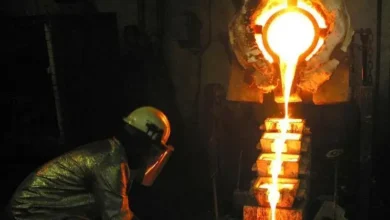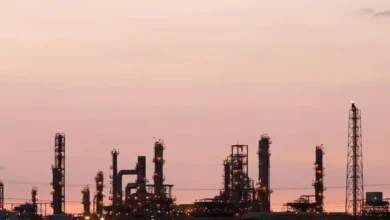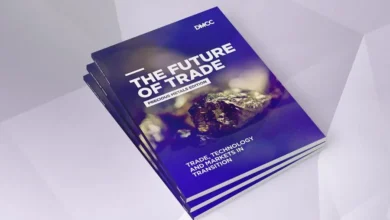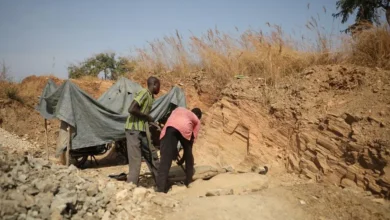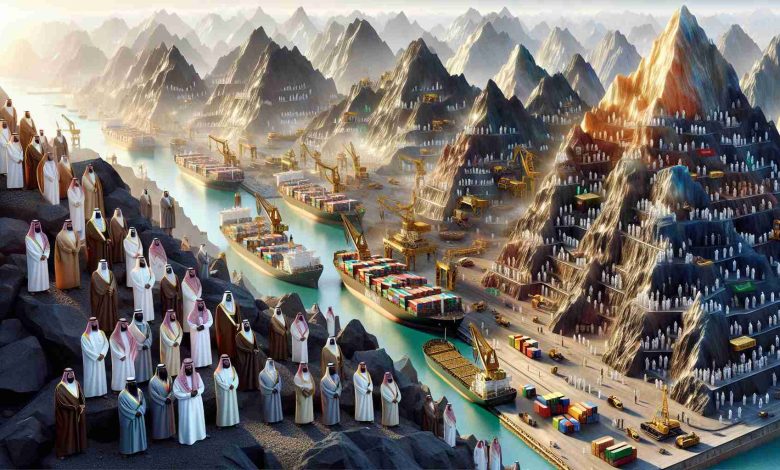
Saudi Arabia, known for its vast reserves of oil, is now looking to diversify its economy by tapping into its significant potential in the mining sector. The country’s state-owned mining company, Ma’aden, has recently made a significant gold discovery at its Mansourah Massarah gold mine, marking the beginning of a potential major gold belt for the region.
The discovery is part of Saudi Arabia’s larger efforts to reduce its dependence on hydrocarbon revenue and develop its mining industry. The country aims to triple the economic contribution of the mining sector by 2030, making it the third pillar of the economy. This transition aligns with Saudi Vision 2030, which outlines the country’s roadmap for economic diversification and sustainability.
The exploration and extraction of gold and other precious metals in Saudi Arabia also play a crucial role in the global energy transition towards a greener future. As the world shifts towards renewable energy sources, the demand for minerals and metals needed for clean energy technologies, such as lithium, cobalt, and rare earth minerals, is expected to skyrocket. Saudi Arabia, with its rich mineral resources, has the potential to become a global supplier of these essential materials.
However, the mining industry also brings environmental challenges. Gold mining, in particular, is known to cause pollution and damage to ecosystems. The leakage of toxic and radioactive tailings poses a threat to water quality, and the use of mercury can contaminate rivers. Additionally, mining operations contribute to greenhouse gas emissions, highlighting the need for a shift towards renewable energy sources in the sector.
To address these concerns, the gold mining industry has recognized the importance of sustainable and responsible practices. Transparency, trust, and high standards of business conduct are crucial for the industry’s ability to contribute to social and environmental progress, including decarbonization and local resilience.
In line with these principles, Saudi Arabia has been promoting transparency and sustainability in its mining activities. The country has recently formalized collaborations with other nations in the mining sector, solidifying its position in the global mining landscape.
Overall, Saudi Arabia’s vast reserves of precious metals and minerals present an opportunity for the country to play a significant role in the global supply chain and contribute to the energy transition towards a sustainable future. Balancing economic development with environmental considerations will be key to ensuring the responsible and sustainable growth of the mining sector in the country.
FAQ:
1. What is Saudi Arabia’s strategy for diversifying its economy?
Saudi Arabia aims to reduce its dependence on hydrocarbon revenue and develop its mining industry to triple the economic contribution of the sector by 2030. This transition aligns with Saudi Vision 2030, which outlines the country’s roadmap for economic diversification and sustainability.
2. What recent gold discovery has Saudi Arabia made?
Saudi Arabia’s state-owned mining company, Ma’aden, has made a significant gold discovery at its Mansourah Massarah gold mine. This discovery marks the beginning of a potential major gold belt for the region.
3. Does Saudi Arabia have the potential to become a global supplier of minerals and metals?
Yes, Saudi Arabia, with its rich mineral resources, has the potential to become a global supplier of essential materials needed for clean energy technologies. As the world shifts towards renewable energy sources, the demand for minerals and metals like lithium, cobalt, and rare earth minerals is expected to increase.
4. What are the environmental challenges associated with the mining industry?
The mining industry, including gold mining, is known to cause pollution and damage to ecosystems. Toxic and radioactive tailings can contaminate water quality, and the use of mercury can also be a threat. Mining operations also contribute to greenhouse gas emissions, emphasizing the need to transition towards renewable energy sources.
5. How is Saudi Arabia addressing sustainability in its mining activities?
Saudi Arabia has been promoting transparency and sustainability in its mining activities. The country has formalized collaborations with other nations in the mining sector and is working towards high standards of business conduct to contribute to social and environmental progress.
Definitions:
1. Hydrocarbon: Refers to any compound made up of carbon and hydrogen atoms. In the context of this article, it refers to oil and gas resources.
2. Tailings: The waste materials left over after the desired minerals have been extracted from ore during the process of mining.
3. Decarbonization: The process of reducing or eliminating carbon dioxide emissions produced by human activities, such as burning fossil fuels.
4. Lithium: A metal used in the production of batteries for electronic devices and electric vehicles.
5. Cobalt: A chemical element used in the production of batteries, particularly in electric vehicles.
6. Rare earth minerals: A group of elements that are important for the production of various high-tech products, including renewable energy technologies.

